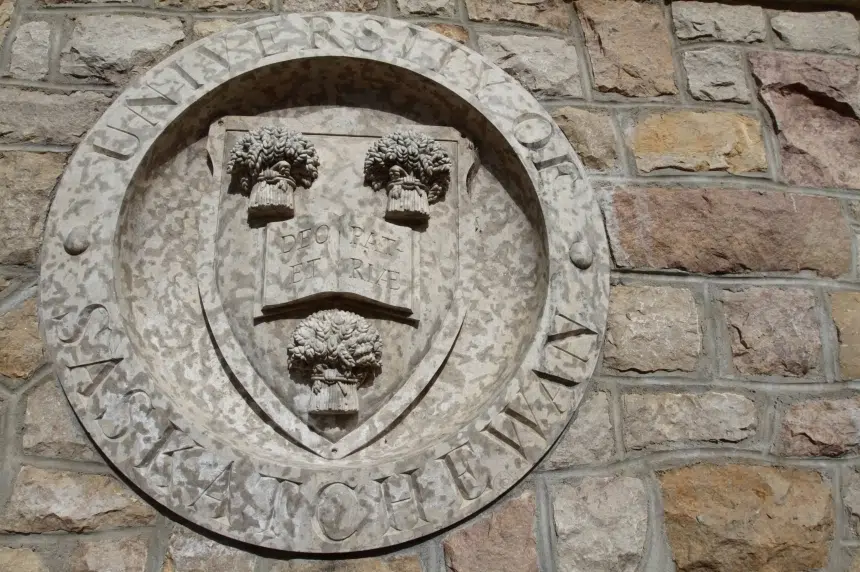An effective tool in the fight against COVID-19 has received more funding.
A University of Saskatchewan research team has been awarded $137,392 from the Public Health Agency of Canada (PHAC) to resume a COVID-19 wastewater surveillance project in Saskatoon and at five Saskatchewan First Nations communities.
The team first began testing for the virus in Saskatoon’s wastewater last summer and the data has proven effective in predicting upward and downward trends that can help inform public health decisions and health-care planning.
“The big benefit is we are able to catch both asymptomatic and symptomatic cases,” said Markus Brinkmann, research team member and U of S associate professor.
“In our estimations we can get five to seven (or) maybe up to 10 days of an early warning over those data sets that we usually generate with a traditional swab testing.”
The team accurately predicted a sharp increase in cases of the virus in Saskatoon in November, which happened at the same time the province introduced mandatory masking and other measures to control the spread of COVID-19.
The study will be instrumental in detecting COVID-19 variants that are becoming a growing concern across the country.
“Once we start collecting samples again and we screen for those variants using our methodologies, we can gauge a relative contribution or relative fraction of those variants of concern in the wastewater,” said Brinkmann. “We can provide some early warnings of how many of those cases we can expect in the near future.”
The team is also partnering with Indigenous communities during Phase 2.
The team will sample water at the Saskatoon Wastewater Treatment Plant three days a week for 27 weeks, and take weekly samples from wastewater lagoon systems from five First Nations Tribal Council communities.
“Early on in the pandemic it became very clear First Nation communities had been hit pretty hard. Every day of early warning over actual positive cases showing up in those communities can be very valuable,” Brinkmann said.
“We, as well as the Public Health Agency of Canada, are very excited to work together with the communities to help inform their response to the virus.”







